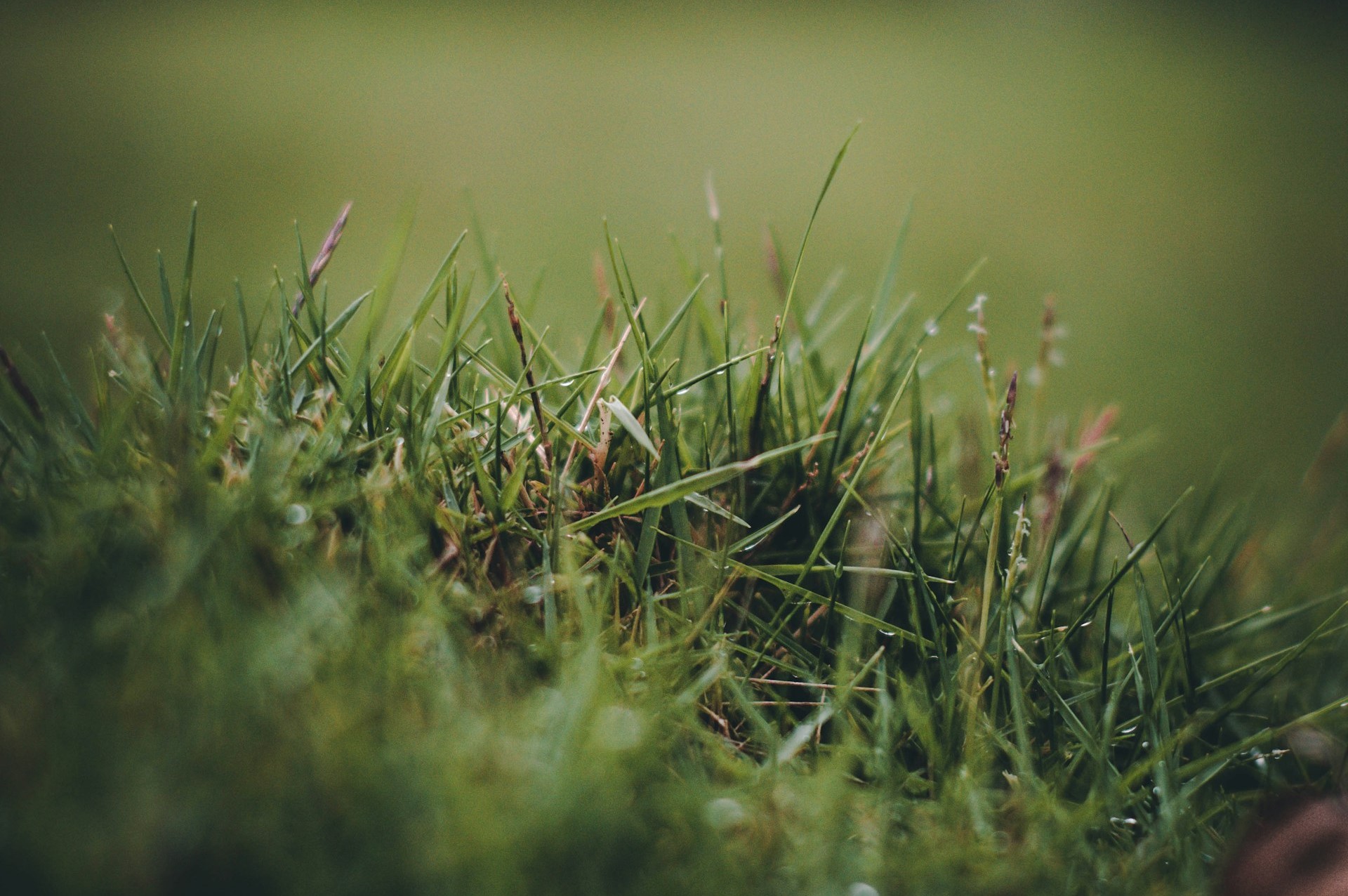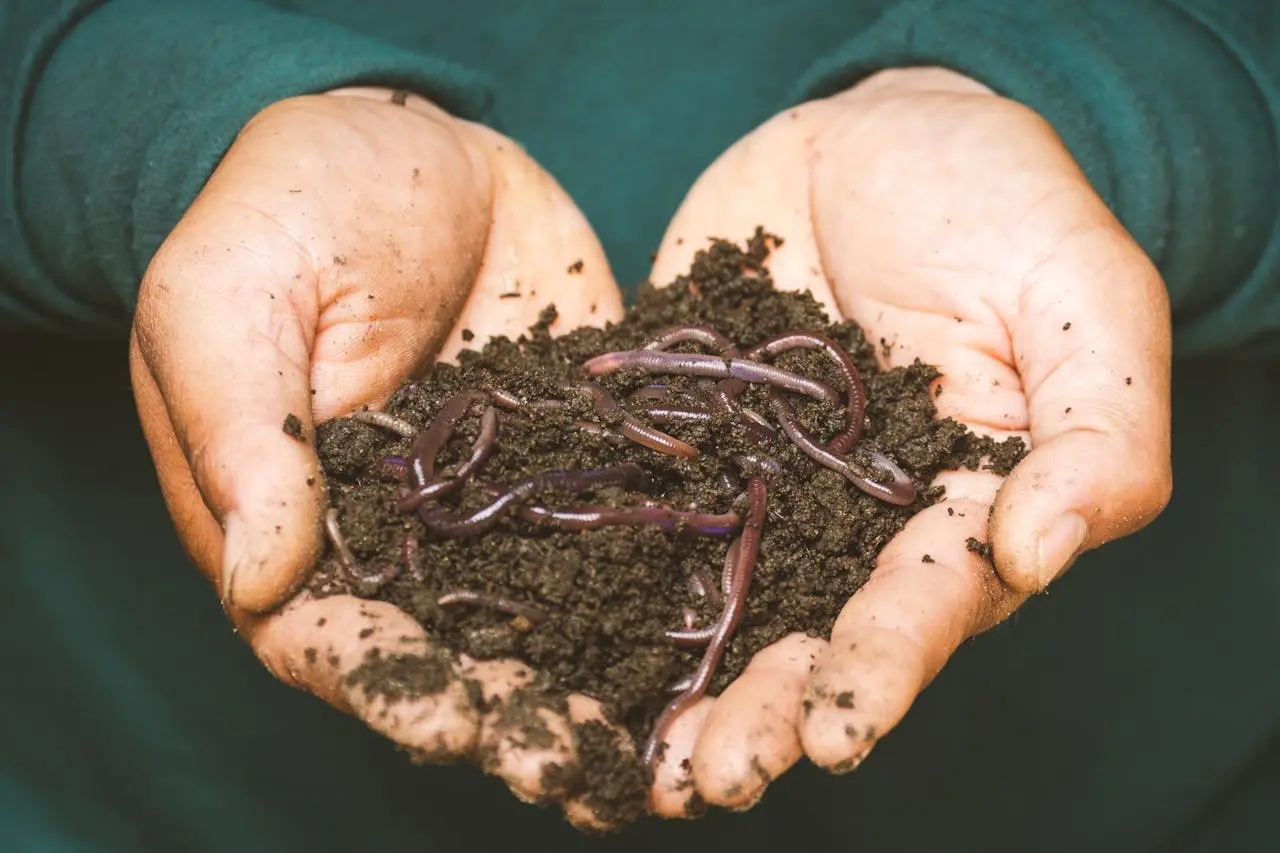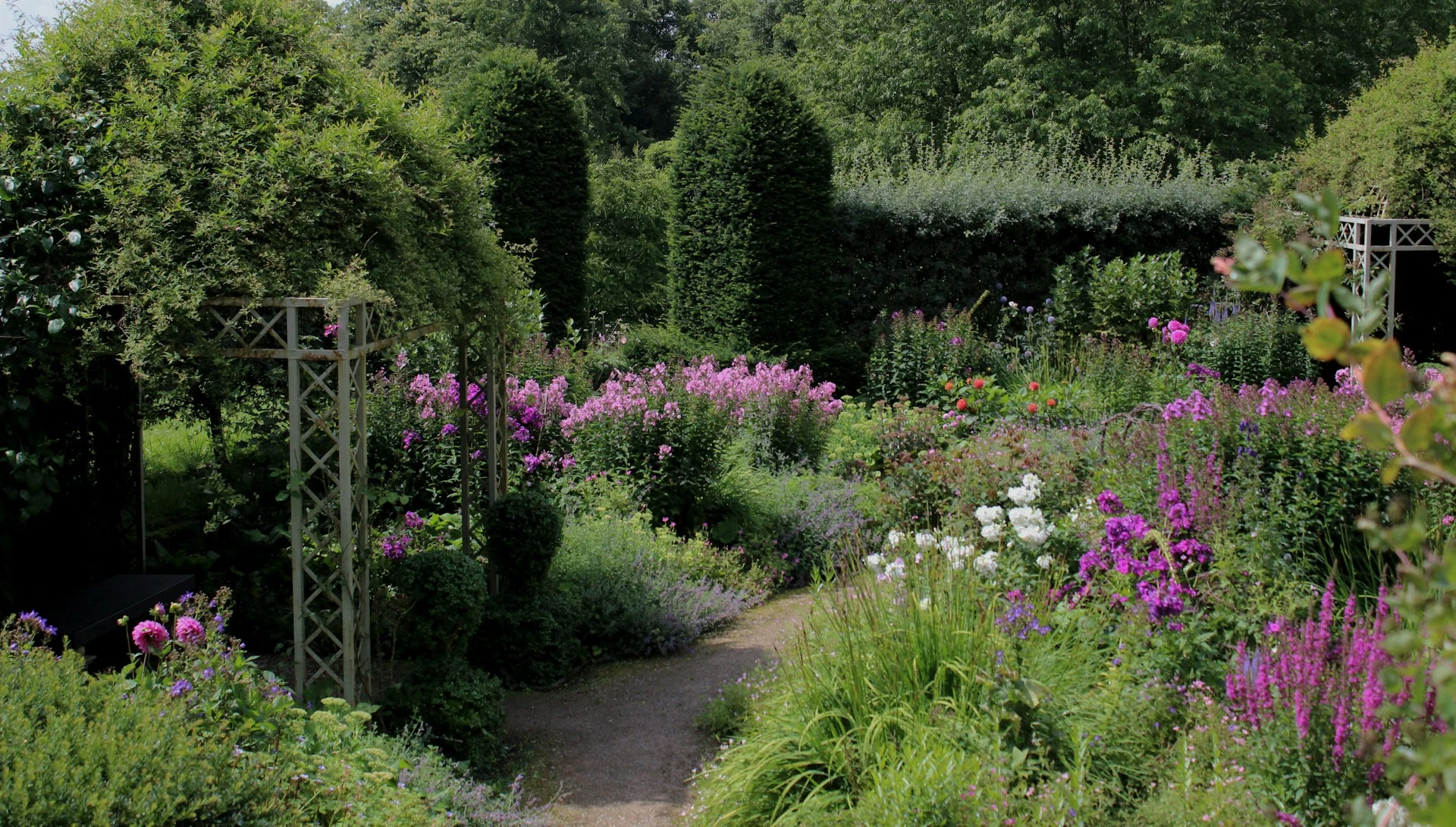Maintaining a lush, weed-free lawn in North Texas can be challenging due to the region’s hot summers, cold winters, and periods of drought. However, with some knowledge about the most common weeds plaguing North Texas lawns and a proactive approach to weed control and lawn care, homeowners can win the battle against these stubborn intruders.
In this blog post, we’ll cover:
ToggleUnderstanding Common Weeds in North Texas
The types of Common weeds found in North Texas lawns depend largely on the type of grass species planted, as well as soil conditions, drainage issues, and irrigation practices. However, some weeds tend to thrive throughout the area regardless. Learning how to identify these Common weeds is the first place to start in developing effective weed control strategies.
Some of the most problematic weeds include:
Crabgrass: This fast-growing annual grassy weed sprouts in early spring and thrives during the hot summer months. It forms dense patches of grass that choke out the surrounding lawn. Two types of crabgrass – Smooth crabgrass and Hairy crabgrass – plague North Texas lawns.
Dandelion: This perennial broadleaf weed features jagged, toothed leaves and bright yellow flowers. It sprouts in early spring and produces puffy white seed heads later in the season, allowing the weed to spread rapidly. Dandelions have a thick taproot that enables it to keep coming back year after year.
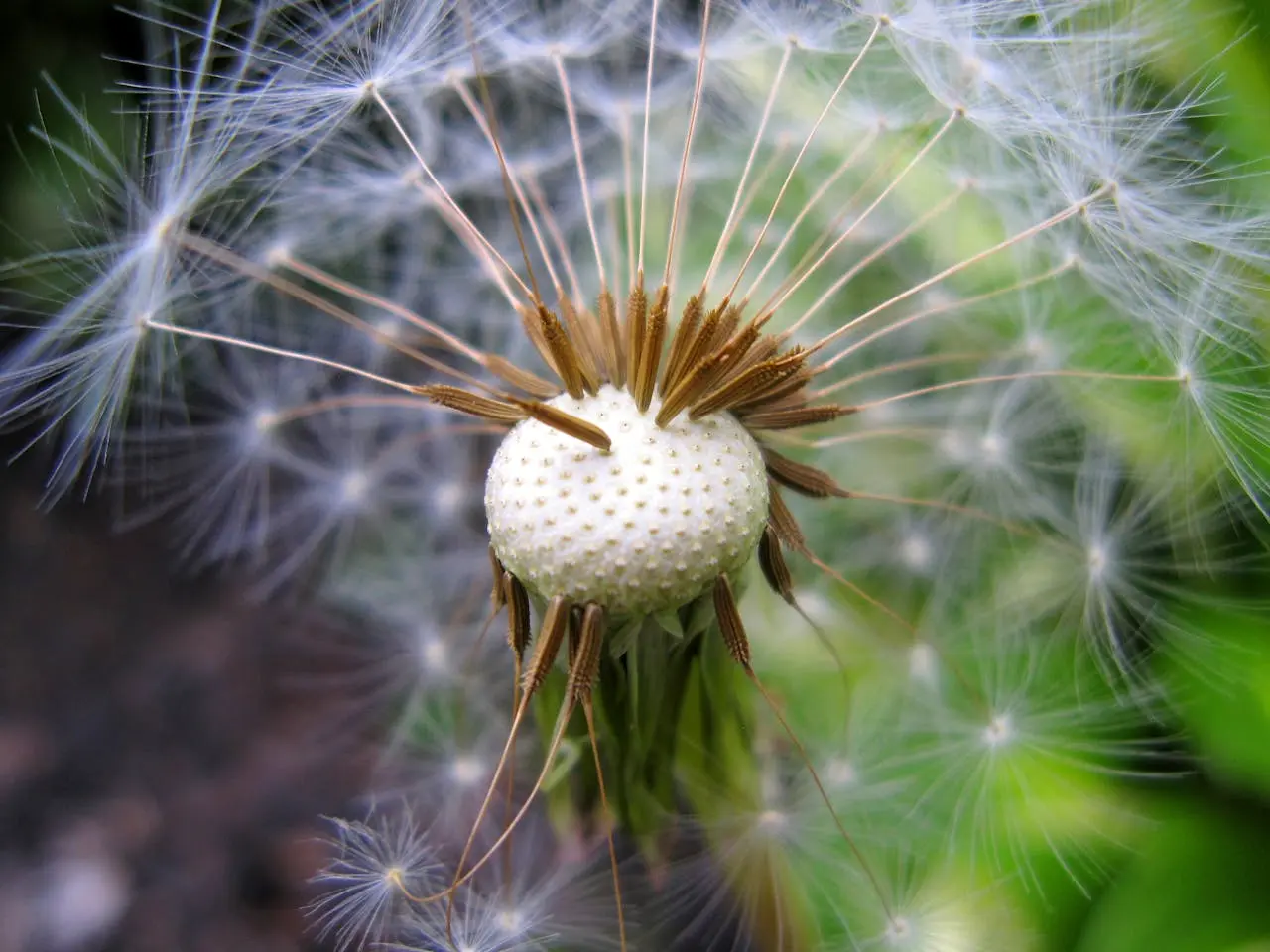
Nutsedge: Also known as nutgrass, this pesky perennial sedge weed features slender, grass-like leaves and triangular stems. It spreads aggressively through tubers that root underground, making nutsedge difficult to control.
Henbit: This winter annual broadleaf weed is easily identified by its square stems and purple flowers. Henbit thrives in cooler weather and often appears in early spring before dying off when temperatures warm up.
Bittercress: This annual broadleaf weed produces small white flowers and multiple seed heads, allowing it to spread rapidly. Bittercress often appears in flower beds or other moist areas of the lawn.
Dallisgrass: A perennial grassy weed, dallisgrass starts growing in early spring and produces seed heads on tall, slender stems. It can quickly take over Bermuda grass and other desirable lawn grasses.
There are still other Common weeds like Poa annua (annual bluegrass), Morning glory, Sandbur, and more that can pop up from season to season. Being able to properly identify weeds is key to targeting them with the right weed control methods.
How Can I Prevent Weeds in my Lawn?
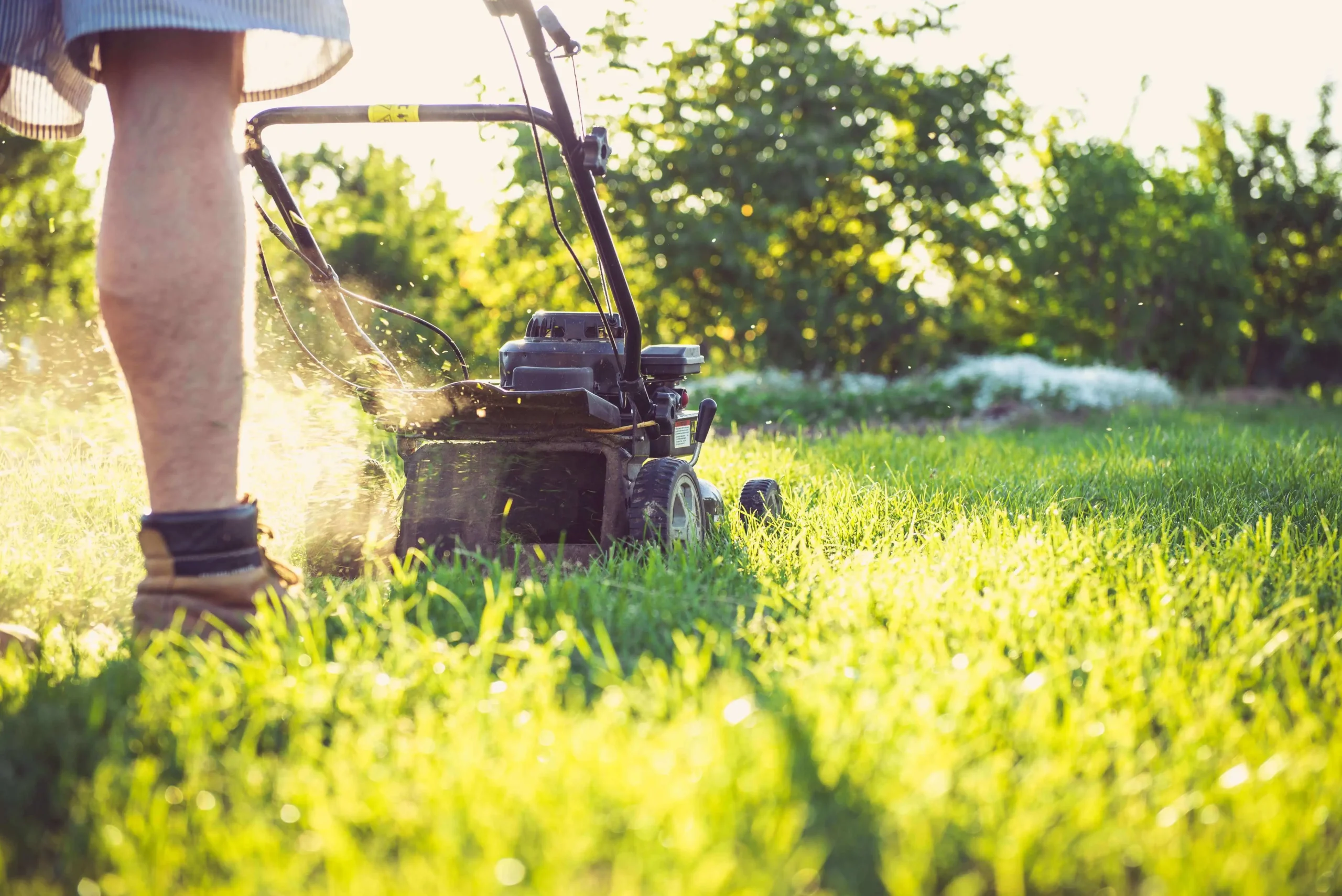
The best defense against weeds is a healthy lawn. Following best practices for mowing, watering, fertilization and other lawn care techniques can help grass grow thick and full, leaving little room for weeds to establish themselves.
Additionally, pre-emergent herbicide applications in early spring and fall can create a barrier that prevents many annual and perennial weed seeds from germinating. Timing is critical, so consult local guides to determine the best application windows.
Adjusting irrigation practices can also help deter weed growth. Watering less frequently but more deeply trains grass roots to grow deeper, taking up water and nutrients weeds need to thrive. Fixing drainage issues and improper grading may also minimize wet areas where weeds tend to grow.
Organic and Chemical Weed Control Options
If preventative measures have failed and weeds have already emerged, organic and chemical weed control methods can help remove existing growth and minimize reinfestation.
Organic weed control utilizes natural ingredients to kill weeds without chemicals:
- Corn gluten meal prevents seeds from germinating and emerging.
- Natural oils like citrus, clove and cinnamon oils disrupt cell growth in weed leaves.
- Vinegar contains acetic acid that destroys cell membranes on contact, though it may also damage lawn grass.
- Boiling water kills weeds instantly when poured directly on leaves and stems.
Chemical weed control uses selective and non-selective herbicides:
- Non-selective herbicides containing glyphosate kill all plant growth they touch. Use with caution to avoid harming desired grass and plants.
- Selective herbicides target specific weed types while leaving most lawn grasses unharmed. They come formulated for broadleaf, grassy and sedge weeds.
- Timing herbicide applications correctly and following label instructions is critical for best results.
Combining organic and chemical controls can provide the most effective solutions for tackling Common weeds, though products should not be mixed together. Always consider environmental impacts and use caution when applying weed control products.
Manual Weed Removal Techniques
Manually removing weeds by hand or with tools is most effective on small infestations and young annual weeds. Use a dandelion fork or weed popping tool to sever roots below ground for Common weeds like dandelions and thistles. Pull young crabgrass and other annual weeds after a soaking rain when the soil is moist and roots release easier.
For perennial weeds with spreading root systems like nutsedge and morning glory, manual removal is more difficult but can help reduce growth when combined with herbicide treatments. Remove as much of the root system as possible. Follow up repeatedly to catch new sprouts and exhaust the plant’s energy stores.
When to Call a North Texas Professional Weed Control Service
With severe Common weed infestations spanning the entire yard, the only way to achieve full removal may be to call upon professional services. Reputable lawn care companies, such as The Friends Lawn Care Services in DFW, have the equipment and expertise to assess your weed problem and implement tailored treatment plans.
Professionals have access to advanced weed control techniques the average homeowner can’t match, including:
- Commercial-grade selective herbicides more effective on stubborn weeds
- Liquid weed control applications versus less consistent granular products
- Truck sprayers that ensure even coverage across the lawn
A comprehensive lawn service also provides fertilization, aeration, mowing and other services that promote thick, healthy grass resistant to weeds. Preventative weed control applications can stop Common weeds before they ever germinate.
When interviewing professional weed control companies, ask about their experience tackling North Texas-specific weeds. Request a customized plan that meets your lawn’s needs season after season.
Seasonal Lawn Care for Weed Prevention

While specific weed treatments must target the species and growth stage present at time of application, a consistent lawn care plan can strengthen grass and limit opportunities for weeds year round:
Early Spring:
- Apply pre-emergent crabgrass preventer when forsythia bushes bloom.
- Overseed warm season grass with ryegrass for lush winter color.
- Fertilize to help Bermuda and St. Augustine greens up from dormancy.
- Monitor for early flushes of henbit, dandelions and wild onion.
Late Spring:
- Transition from ryegrass back to warm season grass as temperatures rise.
- Spot treat existing Common weeds like dandelions and clover.
- Lay sod in bare or thinning areas to limit weed encroachment.
- Continue mowing frequently, setting blades higher to shade out weeds.
Summer:
- Fertilize and aerate to strengthen grass during hot growth period.
- Apply selective herbicides for difficult-to-control Common weeds like dallisgrass.
- Adjust irrigation based on rainfall to avoid overwatering weedy areas.
- Schedule professional weed control services as needed.
Early Fall:
- Overseed warm season grass with ryegrass at first signs of dormancy.
- Control early germinating winter annuals like henbit and bittercress.
- Apply pre-emergent control for winter weeds and early spring crabgrass.
Winter:
- Continue fertilizing ryegrass to maintain winter color.
- Monitor for chickweed, wild onion, dandelions and other cool season weeds.
- Spray dormant Bermuda and St. Augustine lawns to control difficult weeds without damage.
Adjusting the lawn care regimen across the North Texas growing season is key to getting ahead of different Common weeds at vulnerable times in their life cycles.
Strategies for Specific Weeds
While general best practices go a long way, problematic weeds like the ones below warrant customized control approaches:
Crabgrass: The key with this annual grassy weed is early intervention before it goes to seed. Spring pre-emergent application provides the first line of defense. Post-emergent herbicides target escaped plants but aren’t as effective on mature crabgrass. Ensure full coverage on grass blades.
Dandelion: These stubborn broadleaf perennial weeds have deep taproots that must be severed below ground for permanent removal. Combining manual digging tools with selective broadleaf herbicides provides the best control. Avoid over-fertilizing, which encourages dandelions.
Nutsedge: With their spreading tuber root systems, nutsedge weeds require repeated application of sedge-specific herbicides like Sulfentrazone to fully eradicate. Use caution to avoid harming surrounding plants. Remove tubers and plant matter immediately after treatment.
Morning Glory: Like nutsedge, morning glory’s spreading roots continually regenerate growth if left behind, requiring repeat applications of glyphosate and other broadleaf herbicides over time. Manually removing vines can also help weaken the plant between treatments.
Advanced Weed Control Methods
For homeowners dealing with extremely difficult to control Common weeds, more advanced control methods may be necessary:
Liquid Herbicide Applications: Professional truck sprayers provide better coverage across the entire lawn than granular products. Consistent application also allows for selective liquid herbicides that target specific weeds more effectively than combination formulas.
Weed Burning: Propane-powered weed torches effectively desiccate weeds by burning leaf membranes while leaving lawn grass unharmed. Repeat as needed until roots starve. This method works best on young annual weeds.
Synthetic Vinegar: Higher concentrations of acetic acid found in horticultural vinegar solutions provide a non-selective, non-residual organic herbicide that kills all actively growing green vegetation on contact. Use with care to prevent grass damage and soil pH changes.
Weed Suppression Fabrics: Installing commercial grade landscape fabrics topped with mulch or gravel can prevent most weed growth in areas with severe, persistent problems. This labor-intensive option may be best for ornamental beds and pathways.
Keep Up the Fight Against Weeds

Battling Common weeds is an ongoing fight for North Texas homeowners wanting to cultivate a gorgeous, lush lawn. But with persistence and the right combination of organic care, chemical treatments and manual removal, you can gain the upper hand against your weed woes. Pay attention to seasonal patterns, identify the specific weed types popping up and adjust your defenses accordingly. Don’t become discouraged; even the professionals wage war against weeds year after year. With a strategic, multi-pronged approach, you can win more victories than defeats and enjoy a largely weed-free lawn for years to come. Visit The Friends Lawn Care to discover expert services and embark on your journey towards a weed-free paradise.



